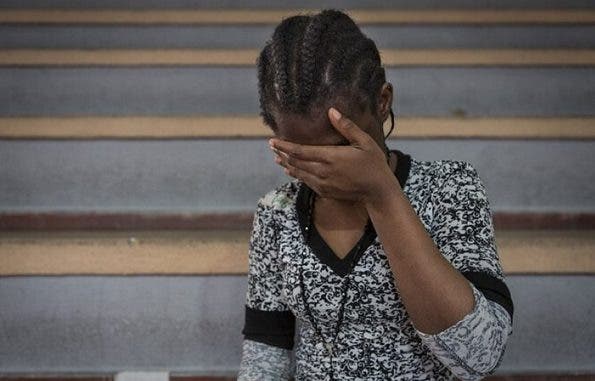By Sukuoluhle Ndlovu
Post pandemic hunger crisis has left 3.3million children at risk of early child marriages, the World Vision stated.
This came out in a press statement released yesterday covering Zimbabwe, Ethiopia, Ghana and India where early child marriages have been noted.
The increased levels of poverty, rising hunger and reduced access to education as a result of Covid -19 will lead to forced early child marriages in a bid to escape from the world’s challenges. With the increase of global hunger levels, 60% more minors are likely to be married off.
“The aftershock of the global pandemic will force children, who would not otherwise have been marred off, into wedlock. As global hunger levels drastically increase, so will child marriage rates, with a hungry child being 60% more likely to be married than a child not experiencing hunger.”
The World Vision Zimbabwe’s National Director, Assan Golowa said that the fight against Covid-19 remains a challenge.
“In as much as the global community’s pledge to end child marriage by 2030 as part of the Sustainable Development Goals, the progress remains decelerated in the face of Covid -19 which has since increased poverty levels and hunger. The pandemic has posed a threat to the education system whilst increasing the risk of girls becoming brides. Vulnerable children especially girls will be forced to bear the brunt of yet another crisis as many will be forced out of school and some married of to men their fathers’ age.”
The continued closure of schools has also put girls at risk of early child marriages.
“It is no doubt that the Covid-19 pandemic causes a mental health crisis even for children hence they need support from the parents or guardians or care givers. A case study done in Zimbabwe showed that children who do not feel supported by their parents or caregivers are more likely to consider child marriage as a palatable alternative, it seems likely that a worsening situation at home might create another push factor for most girls. The root causes of child marriage drivers such as hunger, poverty and access to education must be urgently addressed. Governments around the world who are focused on dealing with the fallout from economic impacts of Covid-19 must also prioritise the protection of the worlds’ most vulnerable children who are at risk of suffering aftershocks of the pandemic. We believe that a world without all forms of violence against children- including child marriage is possible bit is will take renewed focus, attention and strategy,” said Golowa.
The number of children experiencing crisis level hunger increased by 12million between 2019 to 2020, meaning an additional 3.3million children could be married before at age of 18.
82% of the children interviewed who were married became married after the debut of the pandemic.
